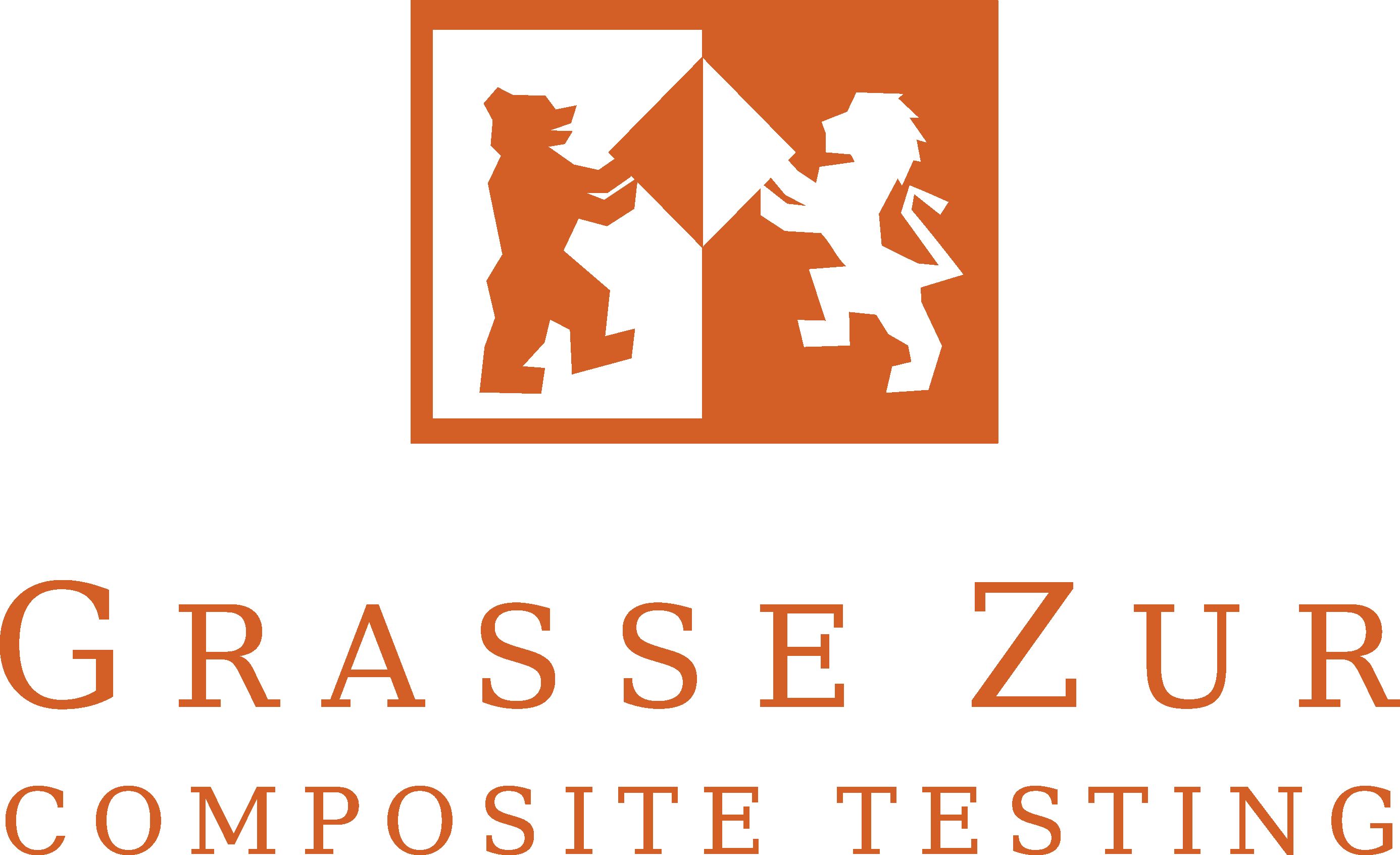Strength, lightness, stiffness and durability are some of the reasons why fibre-reinforced polymers (FRPs) are increasingly being employed in many engineering sectors. As the research for new material configurations, the development of automated manufacturing techniques and the range of applications continue to rise, innovative and improved testing methodologies need to continuously be developed in order to optimise their analysis and design. Therefore, reliable testing methodologies which are able to take into account the complex material behaviour of composites are required.
Together with the tensile and compressive mechanical properties of composite materials, the in-plane shear properties also play an important role. In this case, the loading direction is not along the fibres and, therefore, the anisotropy of these materials is highlighted. The strength of the material decreases when the loading direction is shifted and, consequently, not only depends on the reinforcing fibres, but also on the interaction between the fibre/matrix.
Regarding the determination of in-plane shear properties, several test methods are widely used. These generally include the short beam shear (ASTM D2344), the Iosipescu shear (ASTM D5379), the ±45° tensile shear (DIN EN ISO 14129), the torsional tube shear (ASTM D5448), the two- and three-rail shear (ASTM D4255) and the V-notched rail shear (ASTM D7078).

